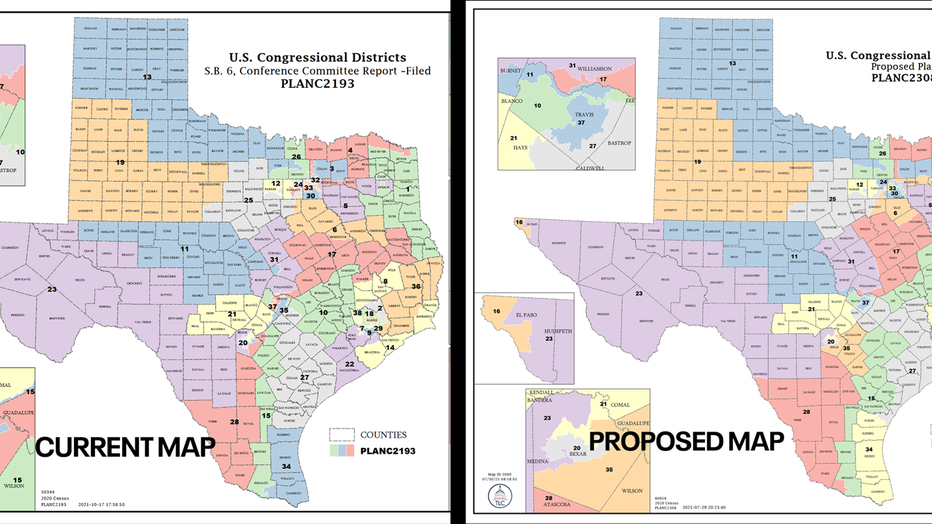As the new administration begins to influence policy and implement its agenda, many American citizens are facing some degree of uncertainty with questions about how to interact with the government when they have a need. One theme that has emerged in the first few months of this period of change and adjustment is that Congressional caseworkers are more and more often the ones fielding calls from citizens looking for help navigating the federal government. Of course, important work being done by Congressional caseworkers is nothing new; caseworkers have been nothing short of heroic for their constituents for practically as long as the institution of Congress has existed. But just in the first several months of 2025, the role has evolved and grown in responsibility in many cases. One Congressional observer focused on improving casework practices recently said, “A lot of people in these roles now feel like they have two jobs: caseworker and counselor.”

The suggestion that caseworkers are now being asked to offer informal emotional support to sometimes distraught, angry, or confused citizens makes the role even more admirable when you consider another unspoken reality around the halls of Congress: caseworkers often feel like the unsung heroes in the office, getting “dirt on their boots”, often from small offices scattered around the country within the districts they represent and far from the glitz and glamor of Washington, DC. Of course, Congressional staff in the capitol have important roles too and are known for long hours and tireless work ethic. But for some industry experts familiar with how Congressional offices operate, the increased public attention and appreciation for caseworkers is a welcome shift.
Congressional leadership is starting to notice as well. Even before the new administration started re-shaping government, House administration started a relatively new initiative focused on offering increased exposure for District Office (DO) staff, which is most often the hub of casework activity in Congressional offices. DO fly-in days, where select DO staff travel to Washington for a few days of meetings, are not new, but in the last 24 months, the House Chief Administrative Office (CAO) has added several DO-centric conferences including in locations like Nashville and Seattle, where caseworkers and other DO staff travel off-site for meetings and sessions with IT providers like Leidos. Formal feedback on these conferences has been positive and informal chatter suggests that DO staff feel like these conferences reflect welcome appreciation for the importance of their work as well as an acknowledgement that caseworkers can benefit from inter-office sharing of best practices that’s hard to do in any other environment. What’s more, the CAO conferences have even proven fruitful for tech partners like Leidos. At a recent meeting, we had a chance to receive candid feedback face-to-face with a casework manager that we were able to take directly to IQ developers and improve the experience for real caseworkers. While our team welcomes this type of feedback at any time, the fact that we were able to have this spontaneous dialog with a real DO manager overseeing a team of IQ-using caseworkers was immensely valuable for both our team and eventually for IQ users throughout Congress.
More federal restructuring is likely and some public confusion may continue as a result of these changes. But Americans around the country should feel secure in knowing that if a federal service they rely on changes and they are struggling to adapt to a new process, there’s a talented, compassionate, and competent caseworker waiting to take their call who may be feeling a little extra motivation lately as their important role takes a long-deserved step into the spotlight.











